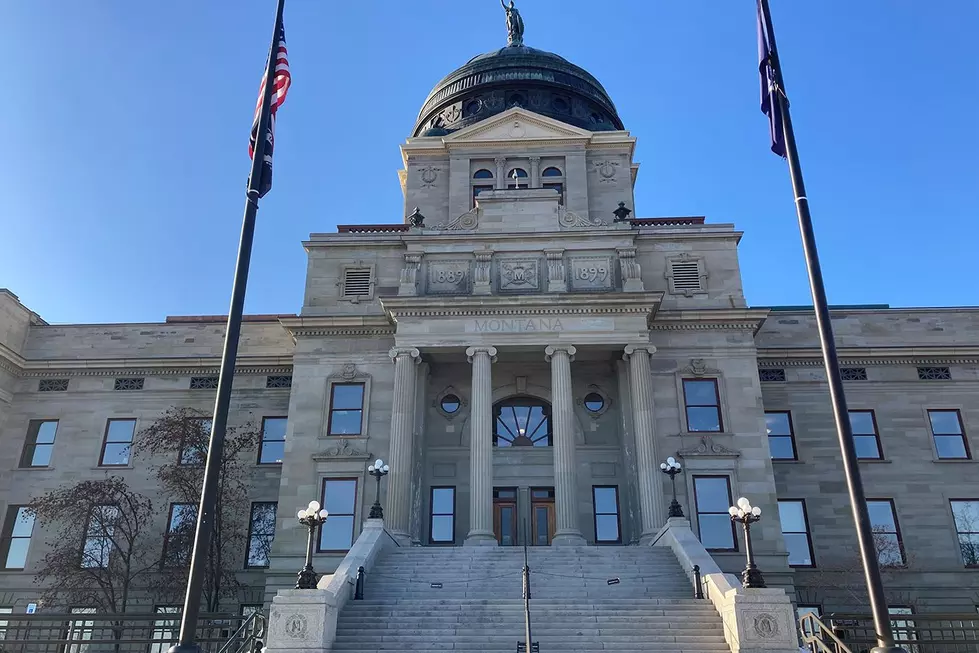
Voices: ‘Takings’ legislation threatens everything we care about
SB 260, an untethered “takings” bill that will have catastrophic impacts on the state’s budget and our natural resources, is up for a vote the week of March 29. If SB 260 becomes law, when the state passes normal and legitimate regulations that protect our safety, health, and welfare, it can be dragged into expensive litigation by a single “property” owner.
If the property owner shows that there is a decrease in the value of their property, even by just a little bit, then the state will likely be forced to pay that property owner, even if the regulation protects the public’s health and safety. Who pays? Yep, the Montana taxpayers.
It’s important to remember, this payout to private individuals will be required even if it’s a common sense and legitimate action by the state, such as protecting public health, wildlife, air, water, and our safety. Equally concerning -- under the bill, the definition of “property” includes more than just land. It also includes government licenses, stocks, bonds, name brands, going concern values of businesses, trademarks, and more.
In 2016, there was an unprecedented whitefish die-off in the Yellowstone River, an incredibly popular spot for Montana’s recreation economy. The state rightfully closed 183 miles of the Yellowstone and its tributaries for about two weeks. It’s estimated that Park County businesses lost over $500,000 in outdoor-based economic income during that time. That’s a lot of potential claims from a lot of private property owners and businesses.
Changes to elk hunting limits to manage wildlife could result in outfitters having claims based on the change in demands for their services. The same would be true for a change in fishing limits such as hoot owl restrictions. There are a lot of businesses that rely on hunting and fishing that could suddenly demand the state pay them for the losses they suffer from legitimate wildlife management decisions.
To make matters worse, SB 260 was recently amended to apply to local governments. If a city enacts a regulation that results in loss of business, a person could have a takings claim. Not only does this undermine local governments’ abilities to meet their communities’ needs, but it could end up bankrupting cities, in addition to the State. With or without this amendment, SB 260 is a bill that can only hurt Montana.
Oregon tried a similar approach through a citizen initiative. It backfired, resulting in thousands of claims totalling billions of dollars. Voters overturned the initiative a few years later.
The Montana legislature has rejected similar bills in too many sessions to count. One previous such bill in 2013 was estimated to cost the state $600 million over six years. It was defeated. Even a fraction of that cost could devastate Montana.
This is one of many bills this legislative session that is not based on Montana values. But it’s possible it’s one of the most catastrophic. In fact, we’d likely end up with worse state budgetary problems than we have ever known, or unhinged deregulation threatening everything we collectively value about Montana. Takings, indeed.
Steve Gilbert is an avid hunter and fisherman who lives in Helena.
